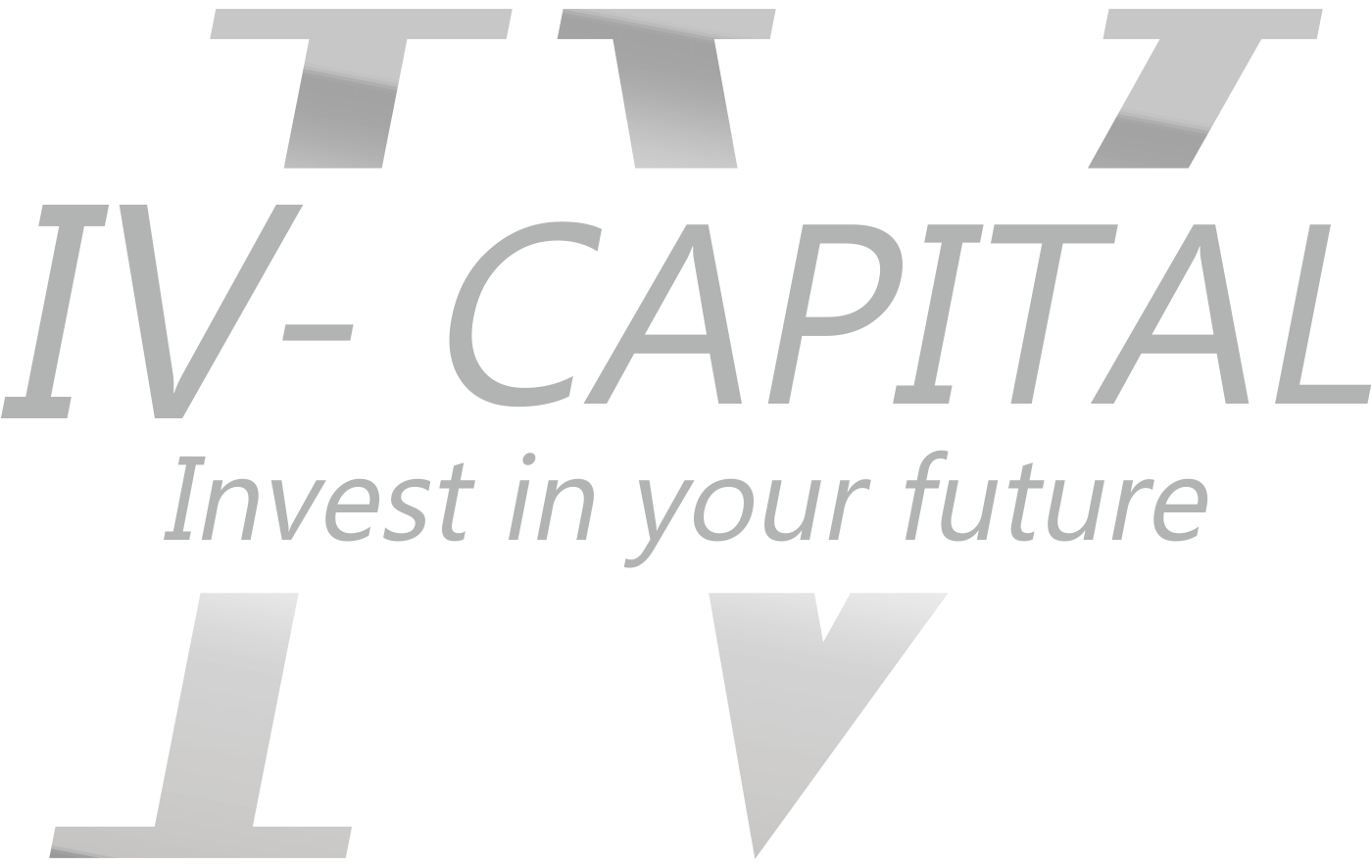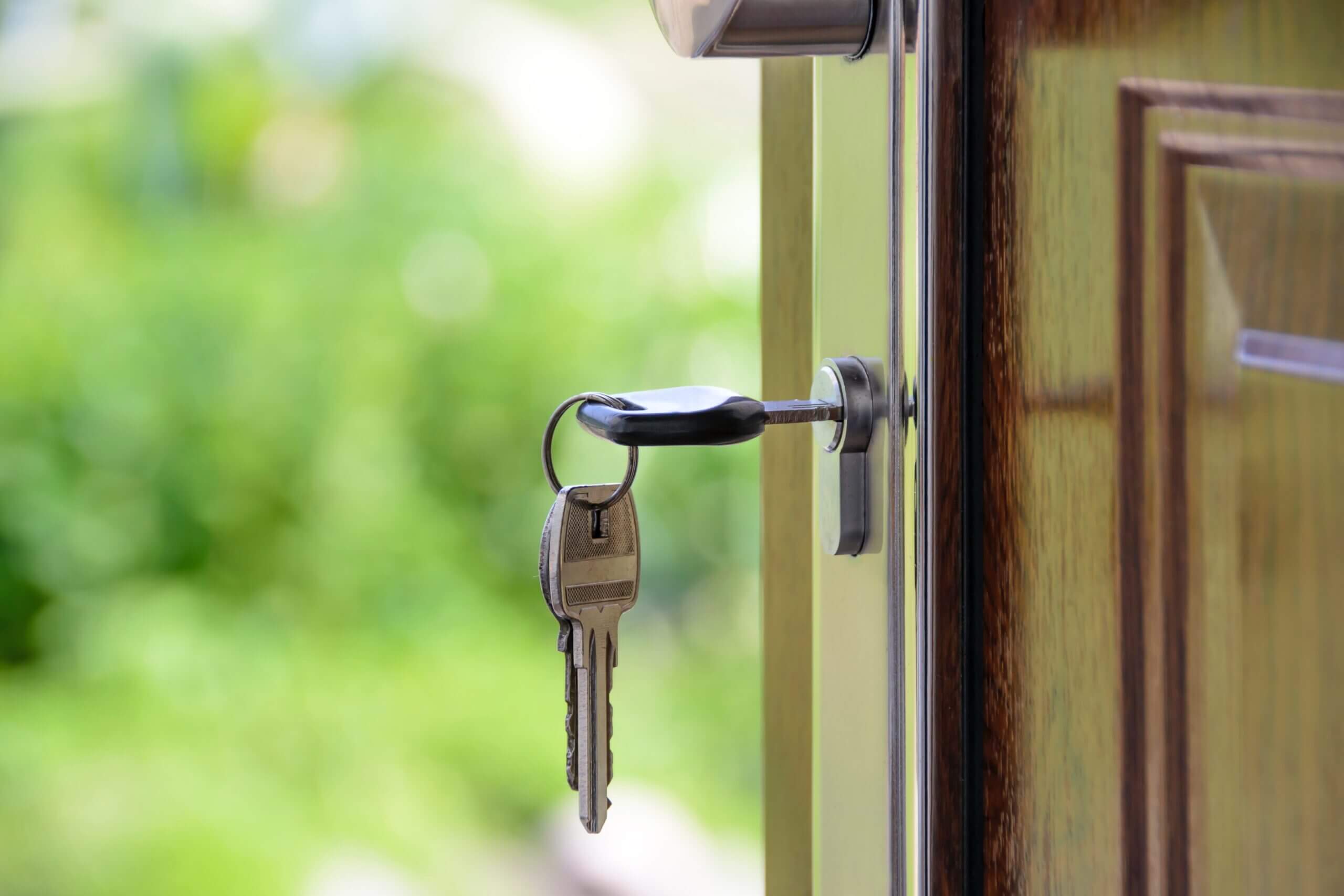Deciding whether to rent or buy a home can be a difficult decision, with many factors to consider. Both options have their advantages and disadvantages, and what’s right for one person may not be right for another. In this article, we’ll explore the pros and cons of renting vs. buying a home to help you make an informed decision.
Pros of Renting
Flexibility
One of the biggest advantages of renting is the flexibility it offers. If you’re not sure where you want to live long-term, or if you anticipate moving for work or personal reasons, renting allows you to easily pick up and move without the hassle of selling a home.
Lower Upfront Costs
Renting typically requires less upfront costs than buying a home. You’ll typically only need to pay a security deposit and the first month’s rent, whereas buying a home involves a down payment, closing costs, and other fees.
Maintenance and Repairs
When you rent a home, your landlord is responsible for most maintenance and repairs. This means you won’t have to worry about unexpected repair costs or the hassle of finding a contractor.
Cons of Renting
Limited Control
When you rent a home, you’re subject to the rules and restrictions of your landlord. This can include restrictions on pets, smoking, and other activities. Additionally, you may not be able to make changes to the home, such as painting or installing new appliances, without the landlord’s approval.
No Equity
One of the biggest downsides of renting is that you’re not building equity. When you buy a home, your monthly mortgage payments go toward building equity in the home, which can be a valuable asset over time.
Rent Increases
Rent prices can increase over time, which can be a financial strain on renters. While you can negotiate rent increases with your landlord, you’re ultimately at their mercy when it comes to rent prices.
Pros of Buying
Equity
As mentioned above, one of the biggest advantages of buying a home is building equity. Over time, your home can appreciate in value, which can be a valuable asset when it comes time to sell.
Stability
When you own a home, you have the stability of knowing that you have a permanent place to live. You can make changes to the home as you see fit, and you don’t have to worry about moving every few years.
Tax Benefits
Owning a home comes with certain tax benefits, including deductions for mortgage interest, property taxes, and more. These tax benefits can help reduce your overall tax burden.
Cons of Buying
Upfront Costs
Buying a home requires a significant upfront investment, including a down payment, closing costs, and other fees. This can be a financial strain for many people, particularly first-time homebuyers.
Maintenance and Repairs
When you own a home, you’re responsible for all maintenance and repairs. This can be expensive and time-consuming, particularly if you have major repairs or renovations to make.
Limited Flexibility
Owning a home can limit your flexibility, particularly if you anticipate moving in the near future. If you need to sell your home, you’ll need to go through the process of listing and selling your home, which can take time and be stressful.
Deciding whether to rent or buy a home is a personal decision that depends on your individual circumstances. Consider factors such as your long-term goals, financial situation, and lifestyle preferences when making this decision. Ultimately, the decision should be based on what’s best for you and your family in the long-term.





